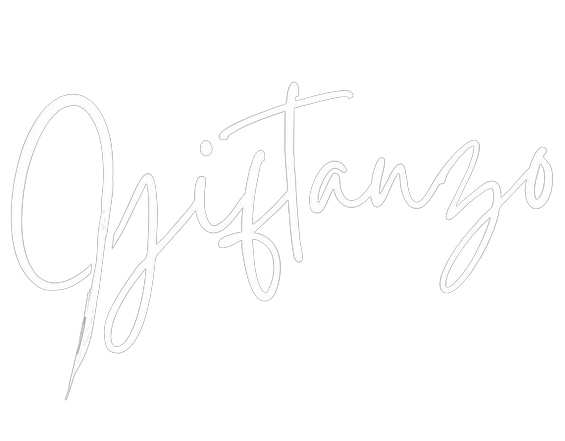
Erotic literature has been a part of human culture for centuries, providing a unique and provocative form of storytelling. From ancient texts like the Kama Sutra to modern-day erotic stories and novels, this genre continues to captivate audiences and spark intense debate.
At its core, erotic literature is designed to arouse and stimulate its readers. It often explores themes of sexual desire, pleasure, and fantasies in vivid and explicit detail. But what sets erotic literature apart from other forms of adult content, such as porn or xxx material, is its focus on narrative and character development.
Unlike porn, which typically prioritizes visual stimulation over storytelling, erotic literature allows readers to use their imagination to bring the scenes to life. This can create a more intimate and personal experience, as readers are able to project themselves into the story and relate to the characters on a deeper level.
But erotic literature is not without its controversies. Some critics argue that it can perpetuate harmful stereotypes and objectify women. Others worry about the potential for addiction and the impact that excessive consumption of explicit material can have on relationships and mental health.
Despite these concerns, many proponents of erotic literature argue that it can be a healthy and normal part of a well-rounded sexual identity. It can provide a safe and private space for individuals to explore their desires and fantasies, and can even help improve communication and intimacy in relationships.
When it comes to writing erotic literature, there are a few key elements to consider. First and foremost, it’s important to create well-developed characters and a compelling narrative. The erotic scenes should flow naturally from the story and serve to enhance the overall experience, rather than feeling forced or gratuitous.
It’s also important to consider the audience and the context in which the story will be consumed. Some erotic literature is meant to be playful and lighthearted, while other stories may delve into darker or more taboo themes. It’s crucial to be respectful and considerate of the reader’s boundaries and comfort levels.
In conclusion, erotic literature is a complex and multifaceted genre that offers a unique form of storytelling and exploration. While it may not be for everyone, it can be a healthy porn and normal part of a well-rounded sexual identity when approached with respect and consideration.


